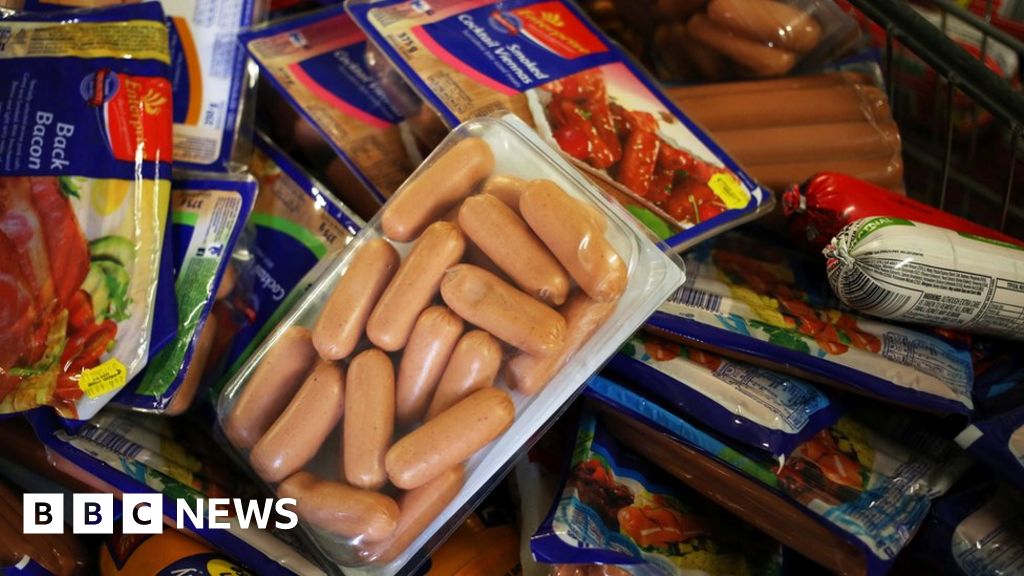
Several southern African states have banned processed meat from South Africa after it said it had identified the source of a food poisoning outbreak.
The government blamed the sausage known as polony for the listeria poisoning that has killed 180 people. It advised people not to eat any processed meat.
It ordered a recall of the product, prompting shops to clear their shelves.
Namibia, Mozambique, Malawi, Botswana and Zambia followed suit, all ordering a recall or suspending imports.
The Mozambican ministry of agriculture and food security "asks that all owners of establishments that commercialise these products start to withdraw from the shelves due to the danger that this constitutes to health", it said in a statement.
'No direct link'
It took South Africa more than a year to trace the outbreak.
There have been 948 cases of listeria poisoning in South Africa reported since January 2017, according to Reuters - which the UN calls the largest outbreak ever.
It is believed to have originated in a factory in the northern city of Polokwane, which makes Enterprise Food products. The chief executive of Tiger Brands, which owns the Enterprise label, insisted on Monday that "no direct link" had been proved between its products and any of the 180 deaths.
Even so, Lawrence McDougall said his firm was "being extra cautious and vigilant" and abiding by the government's recall order.
A plant owned by a second company, RCL Foods, is also under suspicion. It has suspended meat production too.
'It's in my kids' lunch'
After health authorities ordered a recall of polony, supermarkets like Shoprite, Pick n Pay, Spar and Woolworths cleared it from their shelves, along with bacon, sausages and other processed meat products.
Customers descended on the outlets to return their purchases and demand a refund.
"I already packed my kids' lunch with this product, so I'm shocked," said Tshepo Makhura, a 37-year-old call centre agent.
"I lost trust with Enterprise. I'll be scared even if they say this problem is solved. I would rather go back to peanut butter and jam."
Health Minister Aaron Motsoaledi warned people to "avoid all processed meat products that are sold as ready to eat".
He told pregnant women to avoid any processed meat "like the plague", reported Times Live.
A shortage of the solution used for testing for the listeria bacteria meant the results of the tests at the Polokwane factory were delayed by two weeks, an official at the National Institute of Communicable Diseases told Times Live.
The listeria bacteria is hard to test for, as it is not homogenously distributed in food. It can also "hide away" in cracks or niches in factories.
Consumers who have kept polony products in their fridges were advised to disinfect them with diluted bleach.
What is listeriosis?
- It can be caught from food containing listeria bacteria, or close contact with farm animals
- Cases usually involve unpasteurised milk or dairy products, such as camembert and brie
- Pre-packed foods, including sandwiches and paté, can also contain listeria
- Symptoms include high temperature, flu-like symptoms, vomiting and diarrhoea
- Most people infected display no symptoms, but elderly and very young people are vulnerable
Source: NHS
Bagikan Berita Ini














0 Response to "Listeria outbreak: South African neighbours ban meat exports"
Post a Comment